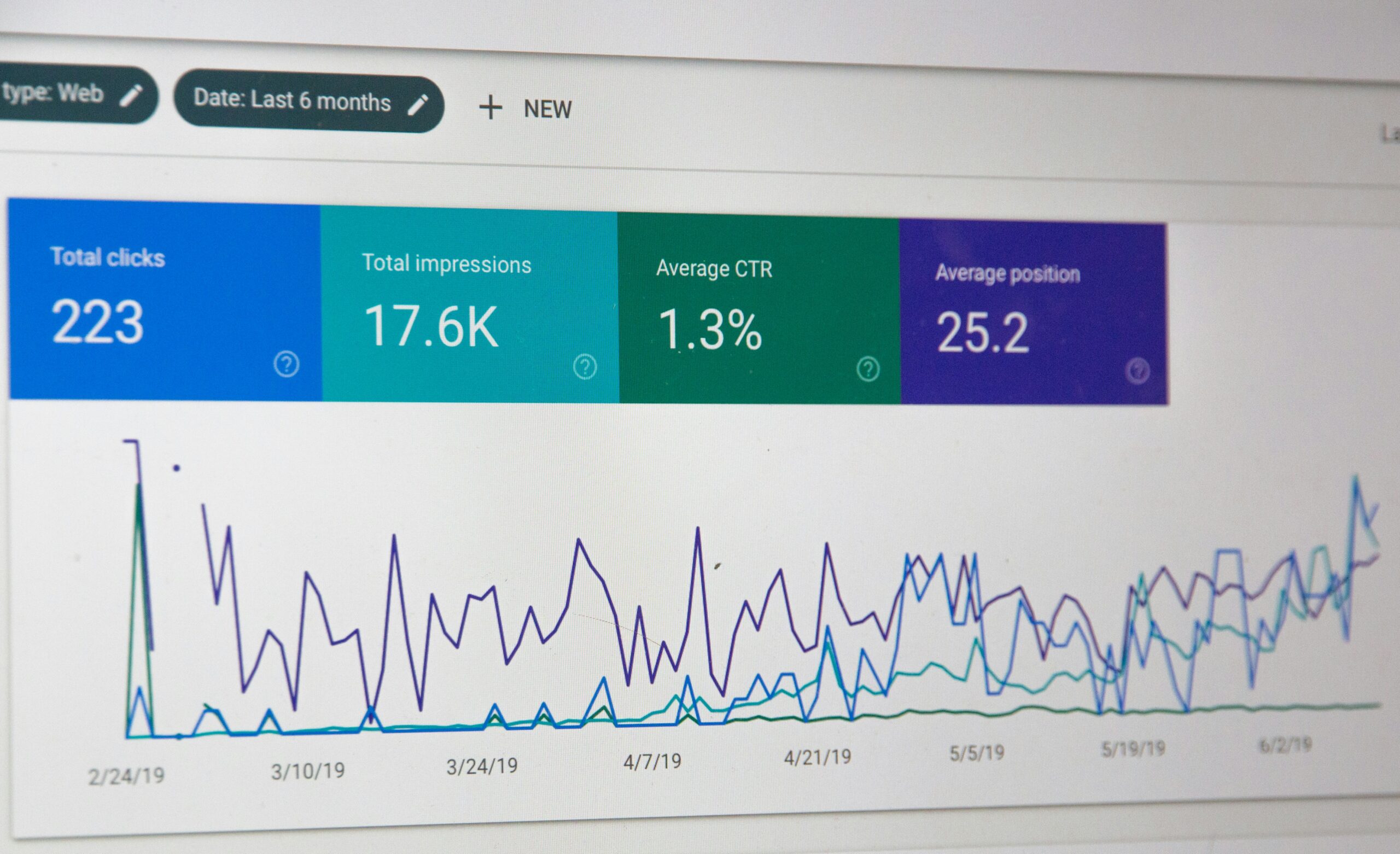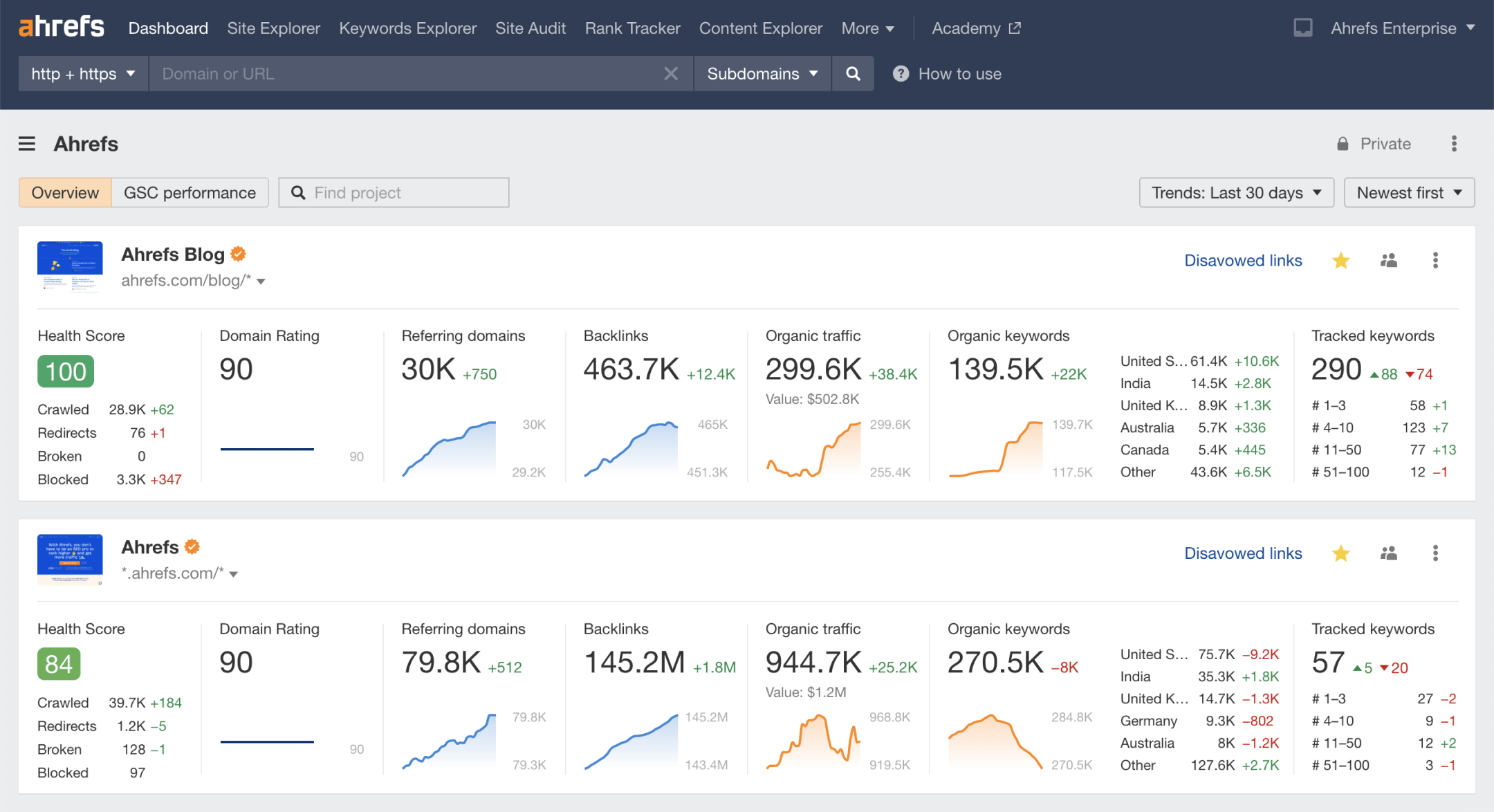Affordable Keyword Research For Small Business To Unlock Hidden Potential
Unlock hidden potential with Keyword Research for Small Business and drive the organic traffic your business deserves. Get ahead of your competition, reach more customers, and save money by avoiding expensive ads. Start today and see the impact!
What is Keyword Research For Small Businesses?
Keyword Research for Small Business involves discovering your potential customers’ search terms to find products or services online. By focusing on relevant keywords with solid potential for organic traffic, you can optimize your website content to align with user intent. This strategy helps your business reach the right audience without relying on costly PPC campaigns. Effective keyword research saves you money on advertising and drives consistent, organic visibility and conversions.

Expert Keyword Research Solutions To Find the Right Keywords and Phrases
We specialize in two main areas to help enhance your digital footprint: Keyword Analysis and Competitor Keyword Insight. Our meticulous Keyword Research Solutions identify optimal terms and phrases your business should be ranking for, paving the way for increased organic traffic and growth. Simultaneously, our Competitor Keyword Insight service helps you understand your competitors’ keyword strategies, thereby enabling you to make informed decisions about your SEO strategy.
Businesses that invest in comprehensive keyword research and audience targeting see an increase of almost 20% improvement in their ROI compared to those that did not. This underscores the paramount importance of keyword research in driving successful business outcomes.

We Identify the right Keywords and Phrases for Faster Growth
With our comprehensive keyword research services, we focus on uncovering the most suitable keywords and phrases that pertain to your unique business. By delving deep into the search volume and competition data, we can map out the landscape of your niche, highlighting opportunities to outperform your competitors. We specialize in discovering low-competition long-tail variants, which can offer remarkable value to businesses looking to secure a foothold in their niche.

Our Keyword Research Analysis Creates Effective SEO Solutions
Our keyword analysis is designed to be the backbone of your SEO strategy. By identifying what your target audience is searching for, we can help direct your focus, resources, and efforts toward achieving tangible results. Not only can we boost your organic traffic, but we can also help you rank for valuable terms that directly contribute to your business growth.
Why Your Business Needs Keyword Research
A staggering 70% of businesses neglect keyword research, resulting in disorganized web pages and a significantly less user-friendly experience. This lack of structure and focus often leads to higher bounce rates and decreased user engagement overall.
Mind Your Business Newsletter
Business news shouldn’t put you to sleep. Each week, we deliver the stories you actually need to know—served with a fresh, lively twist that keeps you on your toes. Stay informed, stay relevant, and see how industry insights can propel your bottom line.
Subscribe to the newsletter
How Keyword Research Ranks You for Valuable Search Terms
Our Keyword Research aims to elevate your online presence by ranking you for valuable search terms. We unravel the most effective keywords your target audience uses, enabling you to attain a higher position in search engine results. By focusing on high-volume terms and lower-competition long-tail variants, we ensure your business is positioned to attract organic traffic and drive conversion rates.
Businesses employing keyword research in their advertising strategy see an astounding 200% higher return on their ad spend. The strategic selection of keywords drives organic traffic and enhances the effectiveness of your paid advertising campaigns.

Precise Keyword Research Solutions To Help You Rank Higher in Search Results
Our keyword research crafts a focused optimization strategy on valuable terms most relevant to your business. This not only improves your authority amongst similar keywords but also aligns your website with the search intent of your targeted audience. This strategic alignment with search intent drives a surge in organic traffic and significantly improves the probability of conversions by attracting a highly targeted audience.

Keyword Research Solutions To Expand Your Organic Reach and Traffic
Leveraging our proficiency with SEO keyword research tools, we target and rank for multiple keyword variations, effectively expanding your organic reach and driving substantial traffic to your product and service pages. By assessing keyword difficulty, we can selectively target keywords for which your business can rank highly. Our primary aim is to attract more qualified visitors from organic searches, a demographic with a higher propensity for conversion and customer retention.
Why Your Business Can’t Afford To Not Rank
A startling 70% of businesses fail because their keyword research did not accurately target their intended audience. Let us do the work right the first time so your business doesn’t fail.
Stop Losing Business by Not Ranking for Important Keywords
Are you tired of missing out on potential customers due to poor keyword rankings? Our comprehensive keyword research is designed to tackle this issue head-on by identifying and ranking you for the most valuable keywords in your industry. Our services build a strong foundation for your digital presence, enabling you to attract more organic traffic and convert them into loyal customers.
A concerning 72% of businesses that fail to rank for the right keywords experience a significant drop in organic traffic, with over 50% of potential customers lost to competitors who rank better. Get ranked on the right keywords to help your business grow.

We Help You Close Content Gaps On Focus Keywords
Our Content Gap Keyword Analysis service identifies crucial keywords that your competitors are ranking for, but you aren’t. We can help you create content that fills these gaps by targeting these missed opportunities, increasing your website’s visibility and relevance. This way, you improve your search engine rankings and provide more value to your customers, boosting user engagement and retention.

In-Depth Competitor Analysis for Strategic Keyword Advantages
Our Competitor Analysis service takes keyword research further by studying your competitors’ SEO strategies. We dissect their keyword choice, organic and paid search ventures, and content themes. This deep dive into your competitors’ tactics empowers you to counter their moves strategically, seize opportunities they might have missed, and carve a unique niche for your brand in your market. Competitor Analysis strengthens your SEO strategy and provides valuable insights into industry trends and audience behavior.
Why Your Business Needs Content Gap Analysis
Businesses utilizing gap analysis techniques in their SEO strategy witness a 45% faster closure in the organic traffic difference with their top competitor. By identifying and focusing on the untapped keywords that their competitors rank for, businesses can rapidly attract more organic traffic, accelerating growth.
Read More About Keyword Research

What is an Ideal Customer Persona?A Practical Guide for Small Businesses
Are you speaking to the right customer—or just hoping they find you? This guide shows how a well-crafted Ideal Customer Persona can transform your marketing, increase conversions, and grow your business with purpose.

How an SEO Audit Helps You Get More Traffic (And Fix What’s Holding You Back)
You could be losing traffic every day and not even know it. This post breaks down how an SEO audit exposes silent killers hurting your growth—and what to do next.

What is a Website Traffic Checklist?
Tracking your website traffic doesn’t have to be confusing. Learn how to use a Website Traffic Checklist to measure the right KPIs, improve SEO, and grow smarter.

What is Competitor Analysis?
Wondering why your competitors seem to have it all figured out? This hands-on guide walks you through how to analyze their moves, outsmart their strategies, and grow your business faster.

Top 10 Google Ads Optimization Tips for 2024
Struggling with poor ad performance or wasted ad spend? Our expert guide to Google Ads optimization will show you how to maximize your results and get the ROI you’ve been aiming for.

Learn Prompting: Tips and Techniques For Perfect Prompts
astering the art of prompting AI can unlock high-quality, actionable content while avoiding common pitfalls like AI flaws and inaccuracies. Discover the essential steps to learn prompting and enhance your interactions with AI models for better results every time.
Frequently Asked Questions About Keyword Research For Small Business
How to do keyword research for small business?
Keyword research for small business involves using tools like Google Keyword Planner or SEMrush to discover search terms your audience is actively searching for. Start by identifying primary keywords related to your business, analyze their search volume and competition, and then use this data to create content that matches user intent. This process can help small businesses rank higher in search engine results, driving more organic traffic without the high costs of paid ads.
What are the 4 types of keyword research?
There are four main types of keyword research: informational, navigational, commercial, and transactional keywords. Each type represents a different stage of user intent. For example, informational keywords are used when someone is searching for general information, while transactional keywords are used when a user is ready to make a purchase. Understanding these types helps small businesses create content that aligns with the specific intent of their audience, improving both rankings and conversion rates.
How much should I pay for keyword research?
The cost of keyword research varies depending on the tools and services you use. Some free tools, like Google Keyword Planner, can provide valuable insights at no cost. However, more advanced platforms like Ahrefs or SEMrush typically offer more detailed reports and competitor analysis for a monthly fee. On average, businesses might spend between $100 to $500 per month on SEO software for tracking keyword performance, but this investment often leads to significant gains in organic traffic.
What market research would be best for a small business?
For small businesses, market research is essential for identifying target audience behaviors and trends. Using keyword research as part of your overall market analysis allows you to uncover what potential customers are searching for online. Combining SEO research with traditional methods like surveys or competitor analysis gives a complete picture of your market landscape, helping you create a strategic plan to reach the right audience and improve online visibility.
What is keyword research and why is it crucial for SEO?
Keyword research is the process of identifying and analyzing the search terms people use in search engines. It’s crucial for SEO because it helps businesses understand their audience’s search behavior and create content that matches user intent. By targeting the right keywords, you can improve your site’s rankings, drive more organic traffic, and reduce the need for paid ads.
How does keyword research impact overall SEO strategy?
Effective keyword research forms the foundation of a strong SEO strategy. It informs content creation, helps with on-page optimization, and reveals opportunities to target low-competition keywords. By understanding what terms your competitors are ranking for, you can identify content gaps and strategically position your site for better rankings, improving both visibility and traffic.
What’s the difference between short-tail and long-tail keywords?
Short-tail keywords are general, broad search terms (1-2 words) with high search volume but stiff competition. Long-tail keywords, on the other hand, are more specific phrases (3+ words) with lower search volume and competition but tend to have higher conversion rates. For small businesses, focusing on long-tail keywords is often a more effective strategy because these terms are easier to rank for and better align with niche audience searches.
How do I identify the right keywords for my business?
Identifying the right keywords involves understanding your audience’s needs, using keyword research tools like SEMrush or Ahrefs, and balancing factors like search volume, competition, and user intent. Start by brainstorming core keywords related to your products or services, then expand your list with long-tail keywords that address specific customer questions or pain points. Prioritize those that offer the best balance of relevance and ranking potential.
What role does user intent play in keyword research?
User intent is one of the most critical factors in modern keyword research. Understanding the intent behind a search—whether the user is seeking information, navigating to a website, or ready to make a purchase—allows you to create content that meets their needs. Matching your content to the right user intent can significantly boost your rankings and lead to more qualified organic traffic and conversions.
How often should I conduct keyword research?
Keyword research should be an ongoing part of your SEO strategy. While an in-depth analysis might be conducted every quarter or bi-annually, regular monitoring of keyword performance and trends is key to adapting to changes in search behavior and keeping up with your competitors. Consistently updating your content based on new keyword opportunities can help maintain strong rankings.
What are some reliable tools for keyword research?
Popular tools for keyword research include Google Keyword Planner, SEMrush, Ahrefs, Moz Keyword Explorer, and Ubersuggest. These tools provide essential data like search volume, keyword difficulty, and competitor analysis. Using a combination of tools ensures that you get a comprehensive view of the best keyword opportunities for your business.
How do I determine the difficulty of ranking for a keyword?
Keyword difficulty is typically assessed by looking at factors such as the authority of the top-ranking pages, the number of backlinks they have, and the overall competitiveness of the niche. Most keyword research tools provide a difficulty score that you can use to gauge how challenging it will be to rank for a particular term. Keep in mind that targeting low-difficulty keywords is often more effective for small businesses just starting out.
What is keyword cannibalization and how can I avoid it?
Keyword cannibalization occurs when multiple pages on your site compete for the same keyword, which can dilute your rankings. To avoid this, ensure that each page targets a unique keyword or topic. Proper site structure and internal linking also help establish a clear content hierarchy, ensuring each page performs well in search results.
How can I leverage keyword research for content marketing?
Keyword research plays a crucial role in content marketing by helping you identify topics that resonate with your audience. It uncovers questions your customers are asking and shows where content gaps exist in your niche. Use this data to create content clusters, build out a content calendar, and ensure your website addresses the needs and interests of your target audience.